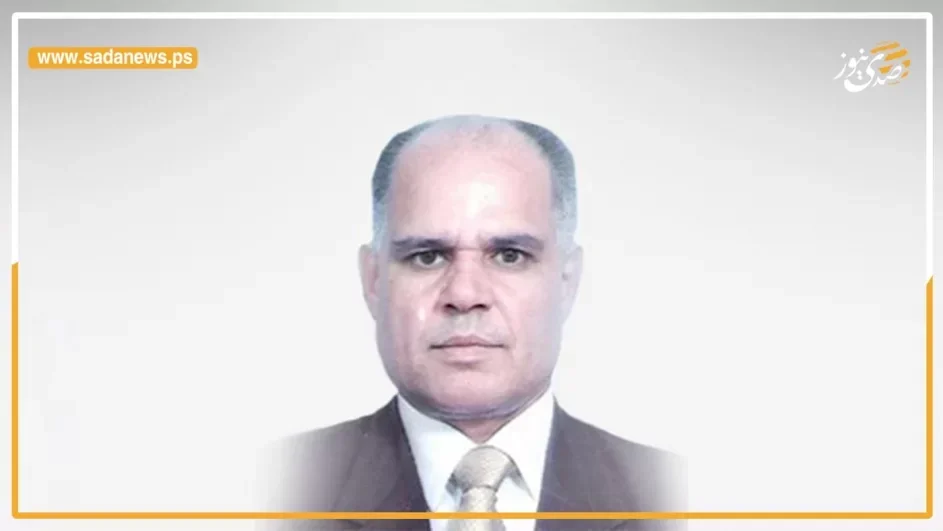
Why (Arab Islam) over other laws?
The Jews, being the least numerous among the followers of divine religions and the most despised people on earth, employed their religious myths to establish a modern developed state at the expense of the indigenous people, the Palestinian Arab Muslims. The Persians exploited Islam to revive their Persian empire at the expense of Arab Muslims in neighboring countries, even at the cost of the unity and stability of geographically distant Arab Islamic countries like Yemen, Lebanon, Syria, and even Palestine. The Turks used Islam to serve the new secular Ottoman Empire under a religiously superficial cover, led by a charismatic figure who most adeptly manipulated ambiguous religious discourse, all at the cost of neighboring Arab states and in coordination with the Zionist entity, while Turkey remains a member of NATO. As for the Arab Muslims or the states of Arab Islam and their peoples, they sacrifice their nations and homelands and misrepresent true Islam for the benefit of parties, groups, and regimes that reject the idea of the nation-state, and even to the advantage of their enemies. The voices of their dead are louder than the voices of the living, and they invoke a dubious virtuous ancestor who may or may not have existed or may have been virtuous in their own time. They are peoples governed and manipulated by ignorant clergy who memorize religious texts without understanding them, ignore the knowledge of contemporary scholars, deny all human civilization's achievements, and long for the era of the righteous caliphate without understanding what the caliphate is and what power struggles occurred during the time of the (righteous caliphate).
Upon the death of the noble prophet, the Arab tribes disagreed on his succession, as there was no text in the Quran regarding the caliphate in its political sense and governance. They finally agreed at the famous meeting of Saqifah Banu Sa'idah to appoint Abu Bakr Al-Siddiq as the successor of the prophet. The wars of apostasy resulted in the deaths of thousands of the prophet's companions, not because they all renounced Islam and returned to idol worship, but because they refused to pay zakat to the Muslim treasury. In this regard, Caliph Abu Bakr Al-Siddiq said, "By God, I will fight those who differentiate between prayer and zakat, for zakat is the right of wealth. By God, if they were to withhold a young goat that they used to give to the Messenger of God (peace be upon him), I would fight them for it." After Abu Bakr's death — there are accounts that he was poisoned — the caliphate passed to Omar ibn al-Khattab, then Uthman ibn Affan, and afterwards Ali ibn Abi Talib, leading to the great fitna (sedition). All of them were killed due to conspiracies among the Arab tribes against one another, resulting in the deaths of thousands of the prophet's companions and those who were promised paradise. Some were even mutilated, as was the case with Uthman ibn Affan and Hussein ibn Ali ibn Abi Talib, along with many of the Prophet's family. History remembers the saying of Asma bint Abi Bakr Al-Siddiq (may God be pleased with her) addressing Al-Hajjaj ibn Yusuf Al-Thaqafi, who killed her son Abdullah ibn Al-Zubair and hung him at the door of the Kaaba for several days, where she said, "Is it not time for this rider to dismount?" meaning to be taken down and buried.
At that time, there was no role for colonialism or infidels or Jews in the sedition and fighting, but rather the love of power and tribalism among the Arabs of the Arabian Peninsula.
This is one aspect of the caliphate under Arab rule that is ignored by the Muslim Brotherhood and all Islamist groups who wish to return it and implement it. We have witnessed some of its miserable applications in the caliphate of Mullah Omar in Afghanistan, and the caliphate of Abu Omar Al-Baghdadi in the regions he controlled in Syria and Iraq, along with the model of the Gaza strip under Hamas and its so-called divine government.

Huckabee's Statements Reveal the Falsehood of Trump's Peace and Reinforce Religious Confli...

Licensed Occupation by Law

Whoever Does Not Plant Hope, Plants Departure...

Between "Here is Jerusalem" and "Here is Gaza" ... The Voice of a Nation and the Steadfast...

While some count the boos, Palestinians count their martyrs.. Paradoxes of the internation...

When the Palestinian Issue is Reduced to Gaza Management

Legally Licensed Occupation

